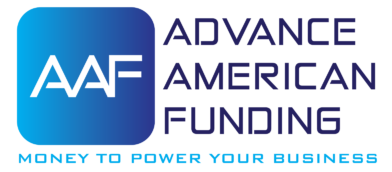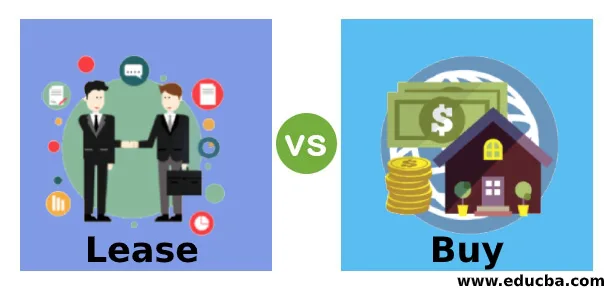Purchasing expensive equipment for your business can tie up valuable resources that could be better utilized for day-to-day operations. Fortunately, there are two common alternatives to buying: leasing and financing. Leasing is similar to renting office space, where you pay a monthly fee to use an asset that you do not own. Financing, on the other hand, allows you to break up the purchase price into monthly payments, which include interest, and own the asset once all payments are complete.
Here are five compelling reasons why financing equipment is a superior option to leasing:
- Ownership One of the biggest advantages of financing equipment is that, once the payments are complete, you own the equipment outright and can continue to use it for as long as you need. In contrast, with leasing, you will have to continue making payments for as long as you use the equipment. While lease payments may seem small, they can accumulate into significant amounts over the life of the lease, ultimately making leasing far more expensive than financing.
- Simplicity Financing equipment is typically straightforward, with the down payment, monthly payments, interest, duration, and total payments clearly laid out in a comprehensible contract. In contrast, leasing often involves additional complexities, such as market value, tax responsibility, late fees, maintenance costs, equipment use fees, cancellation provisions, renewal options, and equipment return costs. Managing all these complexities can be a significant challenge, and errors can lead to problems or liabilities for your business.
- Regulatory Changes Leases come in two types: capital, which eases into ownership, and operating, which is similar to a rental with an option to buy at the end. However, the Financial Accounting Standards Board is modifying the criteria for what qualifies as an operating vs. capital lease. This means that businesses must take into account assets and liabilities for operating leases with terms over 12 months, leading to tax complications that are best handled by your CPA.
- Responsibility In the past, leased equipment’s maintenance and repair were the lessor’s responsibility, not yours. However, such arrangements are now uncommon, and lessees are typically responsible for maintaining and repairing the leased equipment on their own dime. This can be a significant burden, particularly for businesses with limited resources.
- Early Termination If you own equipment, you can typically sell it if you no longer need it or require the proceeds to complete your payment obligations. However, trying to do the same with leased equipment can be difficult or impossible, or may involve expensive termination fees. If you decide to lease, be sure to scrutinize any “escape clauses” that may allow you to get out of your obligations if you encounter problems.
If you need more information on financing or want to get started on buying some business equipment, please contact us at Advance American Funding. We have the expertise and resources to help you make informed decisions about financing your business’s equipment needs while optimizing your financial resources.

